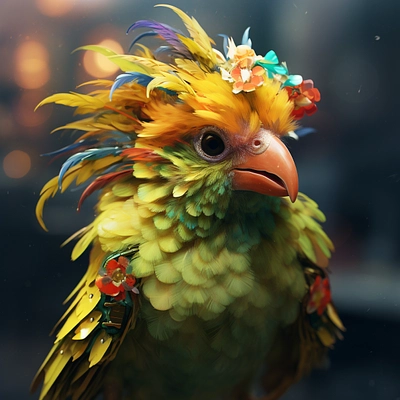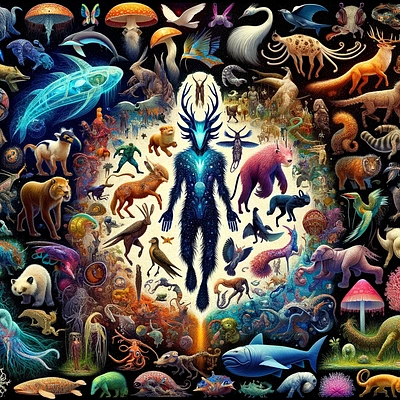Labrador Retrievers, or simply Labradors, are a popular breed known for their friendly, energetic, and playful nature. Originally bred as sporting and hunting dogs, they are now commonly kept as companion animals. Their energy is often mistaken for hyperactivity, but understanding their nature and needs can help distinguish between the two.
Updated at: 18/12/2023 18:20
Created at: 18/12/2023 18:20
Views: 9
“Hyper” Traits: Where Do They Come From?
Understanding the Labrador’s origins is key to comprehending their behavior. The breed dates back to the 1830s, initially bred from St. John’s water dogs by European settlers in Newfoundland. These dogs were crossed with British hunting dogs, leading to the birth of the Labrador Retriever. Recognized by the Kennel Club in 1903 and the American Kennel Club in 1917, Labradors were bred for specific traits suited to hunting and retrieving.
The Importance of Exercise
Given their history, Labradors have a high energy level and require adequate exercise to maintain their health and happiness. They were bred for physically demanding tasks, and this trait carries on in their genetics. Ensuring that your Labrador gets sufficient exercise is crucial to prevent them from becoming restless or “hyper.”
Labrador Retriever Facts & Advice
An Easy-going, Loyal, and Affectionate Companion Always Eager to Please
Labradors are known for their friendly disposition, making them excellent companions. They are loyal, affectionate, and always eager to please their owners.
Vital Stats
Labrador Temperament & Personality
Labradors are outgoing and friendly, making them great family pets. They are also known for being highly trainable due to their intelligence and eagerness to please.
Labrador Training & Exercise
Regular training and exercise are essential for Labradors. They respond well to positive reinforcement techniques and enjoy physical activities like fetching and swimming.
Common Labrador Health Conditions
Labradors are generally healthy but can be prone to certain conditions like hip and elbow dysplasia, progressive retinal atrophy, and obesity. A typical Labrador has a life expectancy of 10 to 12 years, with some variation based on health and color. For example, chocolate Labradors tend to have a shorter lifespan.
Labrador Grooming
Labradors have a water-resistant coat that requires regular grooming. They should be bathed occasionally and brushed regularly to manage shedding.
Labrador Nutrition
A balanced diet is crucial for Labradors, especially given their tendency to gain weight. Consult a veterinarian for dietary recommendations tailored to your dog’s age, size, and activity level.
What to Know Before You Buy or Rehome a Labrador Retriever
Before bringing a Labrador into your home, consider factors like space, time for exercise, and the financial commitment required for their care.
FAQs
Do Labradors Shed?

Yes, Labradors shed considerably, especially during seasonal changes. Regular grooming can help manage shedding.
How Much Exercise Do Labradors Need?
Labradors need regular exercise to maintain their physical and mental health. Activities like walking, playing fetch, and swimming are ideal.
Are Labradors Good with Kids?

Labradors are known for being good with children, thanks to their friendly nature and patience. However, as with any breed, early socialization and training are important.
Can Labradors be Left Alone?
Labradors can be left alone for moderate periods, but they thrive on companionship and may become anxious or destructive if left alone for too long.
Are Labradors Aggressive?
Labradors are generally not aggressive and are known for their friendly and gentle nature. Proper training and socialization from a young age can ensure they remain well-behaved.
Are Labradors Easy to Train?
Yes, Labradors are known for their trainability. They are intelligent and eager to please, which makes training relatively straightforward.
Similar Posts
18/12/2023 17:56
Merle French Bulldogs: A Unique Canine Experience Merle French Bulldogs stand out with their distinctive coat patterns and rare color variations...
 Cats
Cats Dogs
Dogs Birds
Birds Other
Other




